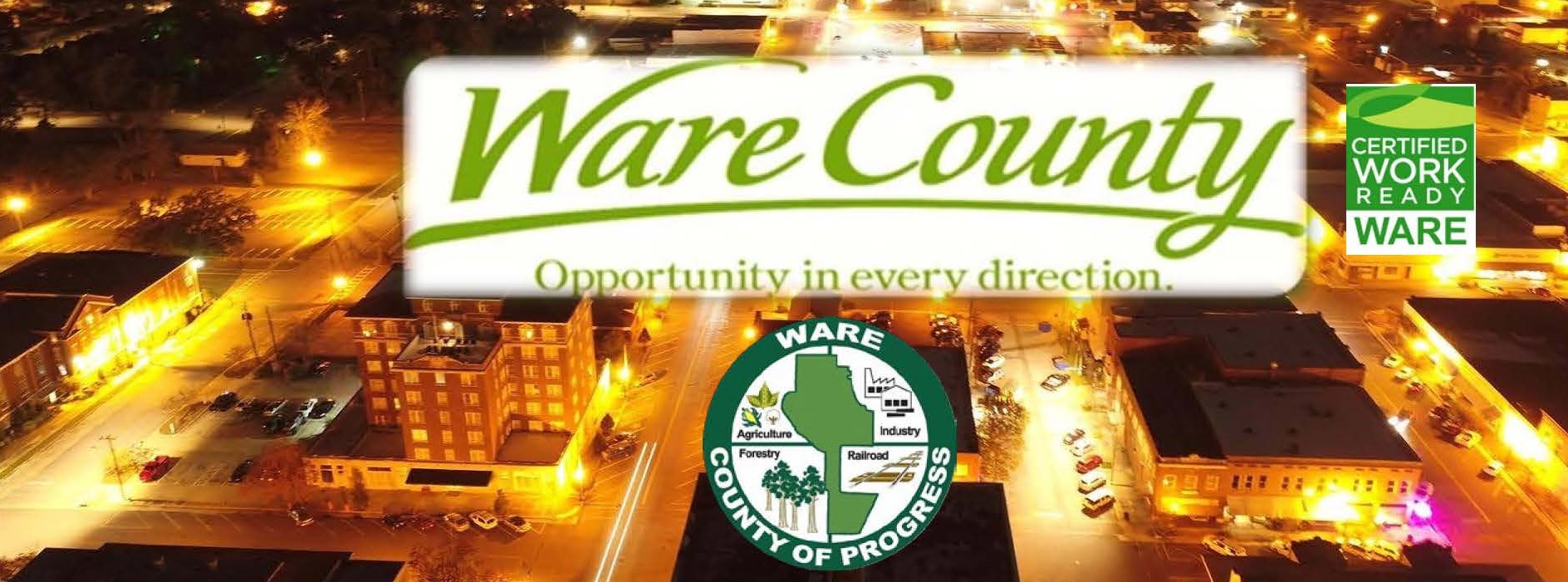| Title: | Victim Advocate |
|---|---|
| ID: | 20250006 |
| Department: | Solicitor's Office |
Questions regarding this posting can be directed to:
Ware County Human Resources
305 Oak St, Suite 227
Waycross, GA 31501
912-287-4333 (p)
912-287-2494 (f)
Theresa Young, CHRM
Human Resources Director
tyoung@warecountyga.gov
Shumekia Brown, HR Assistant
sbrown@warecountyga.gov
DRUG FREE WORKPLACE
EQUAL OPPORTUNITY EMPLOYER
VICTIM ADVOCATE
Solicitor General's Office
A victim advocate acts as a liaison between a crime victim and the criminal court. The advocate advises the victim as to how the criminal justice system works through its processes.
Victims need to understand their legal rights and be aware of what will happen next as their case is adjudicated. They must relive their traumas repeatedly during police investigations and the subsequent trial for the criminal justice system to work. Victims must recount their version of events in police interviews and court testimony. Advocates do all they can to mitigate the effects of rehashing the trauma.
Victim Advocate Duties & Responsibilities
Victim advocates have a wide range of duties, all geared toward helping crime victims cope with the trauma that the crime has brought about and navigate the criminal justice system. These responsibilities can include:
- Counsel crime victims and witnesses.
- Provide support to victims.
- Provides victims with information on criminal justice processes.
- Refers victims to other social service agencies and programs as appropriate.
- Coordinate with staff at providing organizations.
- Stand by victims during court proceedings.
- Connects victims to services that will assist with filing protective orders.
- Maintains a current knowledge of laws and policies affecting the program.
Victim advocates may also refer victims to other government agencies or nonprofits that have the expertise and capacity to provide necessary services. They recruit providers to expand the breadth and depth of available services. They keep victims informed about court dates and processes.
Education and Skill Requirements
• Knowledge of modern office procedures.
• Knowledge of criminal justice processes and procedures.
• Knowledge of victim compensation programs.
• Skill in organizing work, maintaining records, and preparing reports.
• Skill in dealing with the public.
• Skill in oral and written communication.
• Skill in computer use – typing, data entry & word processing
MINIMUM QUALIFICATIONS:
• Ability to read, write and perform mathematical calculations at a level commonly associated with the completion of high school or equivalent.
• Sufficient experience to understand the basic principles relevant to the major duties of the position usually associated with the completion of an apprenticeship/internship or having had a similar position for one to two years.

